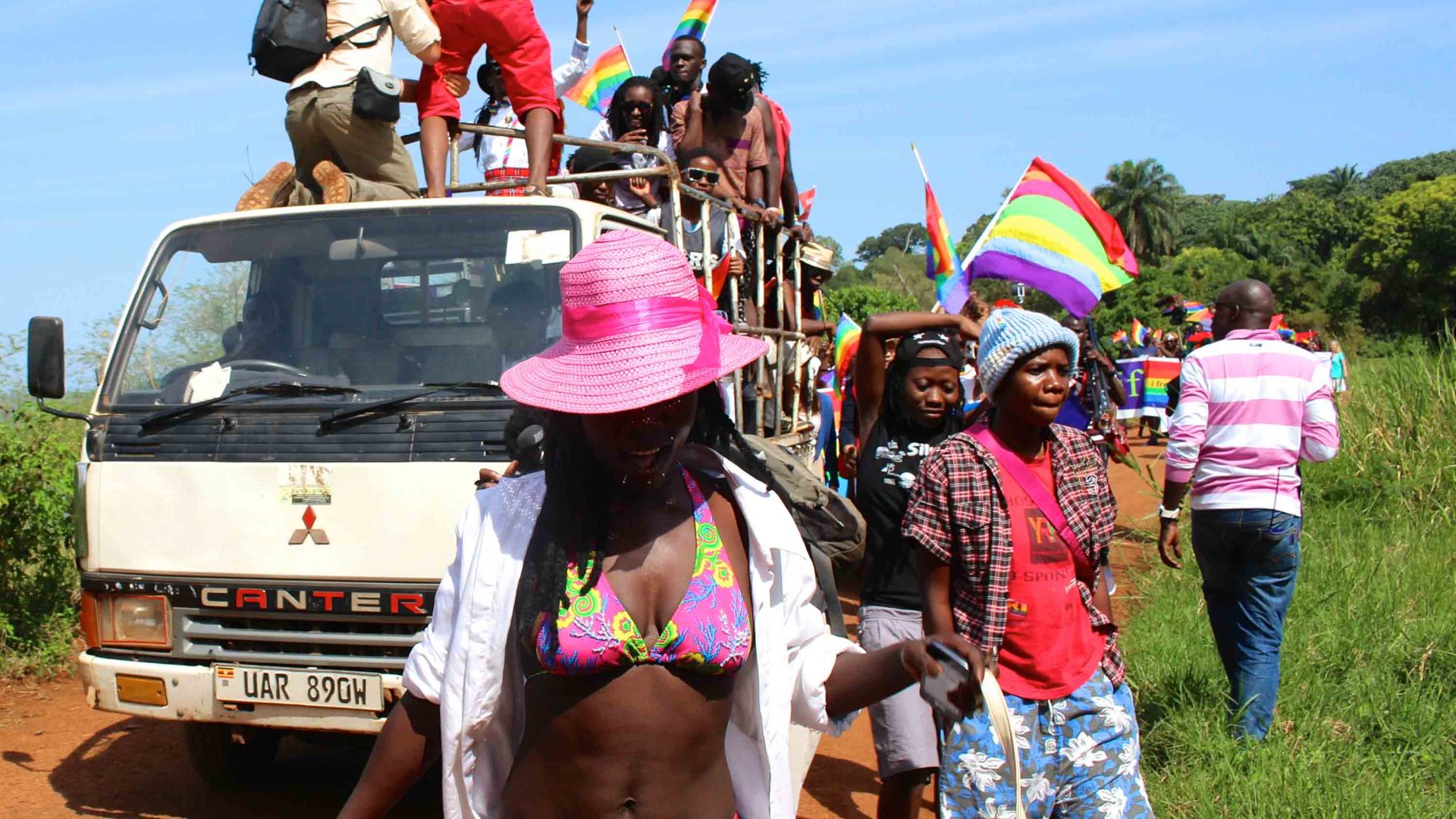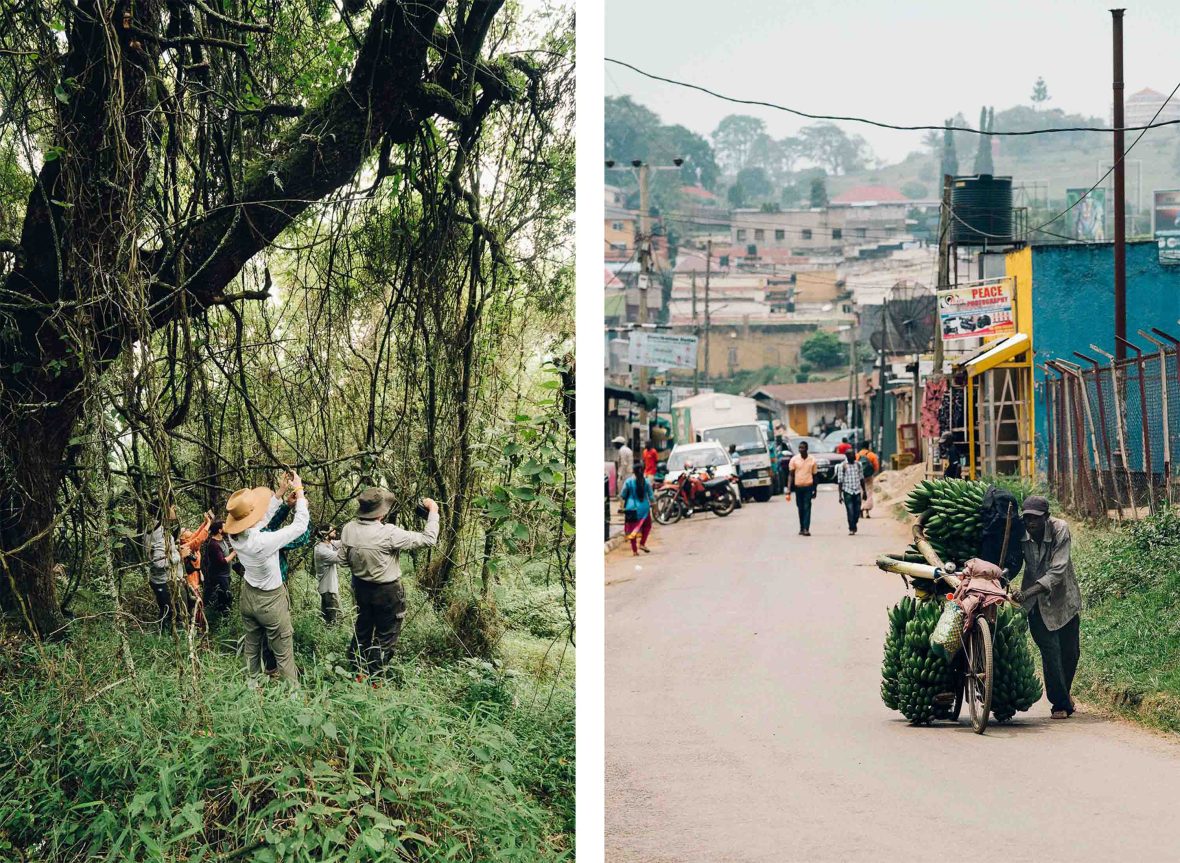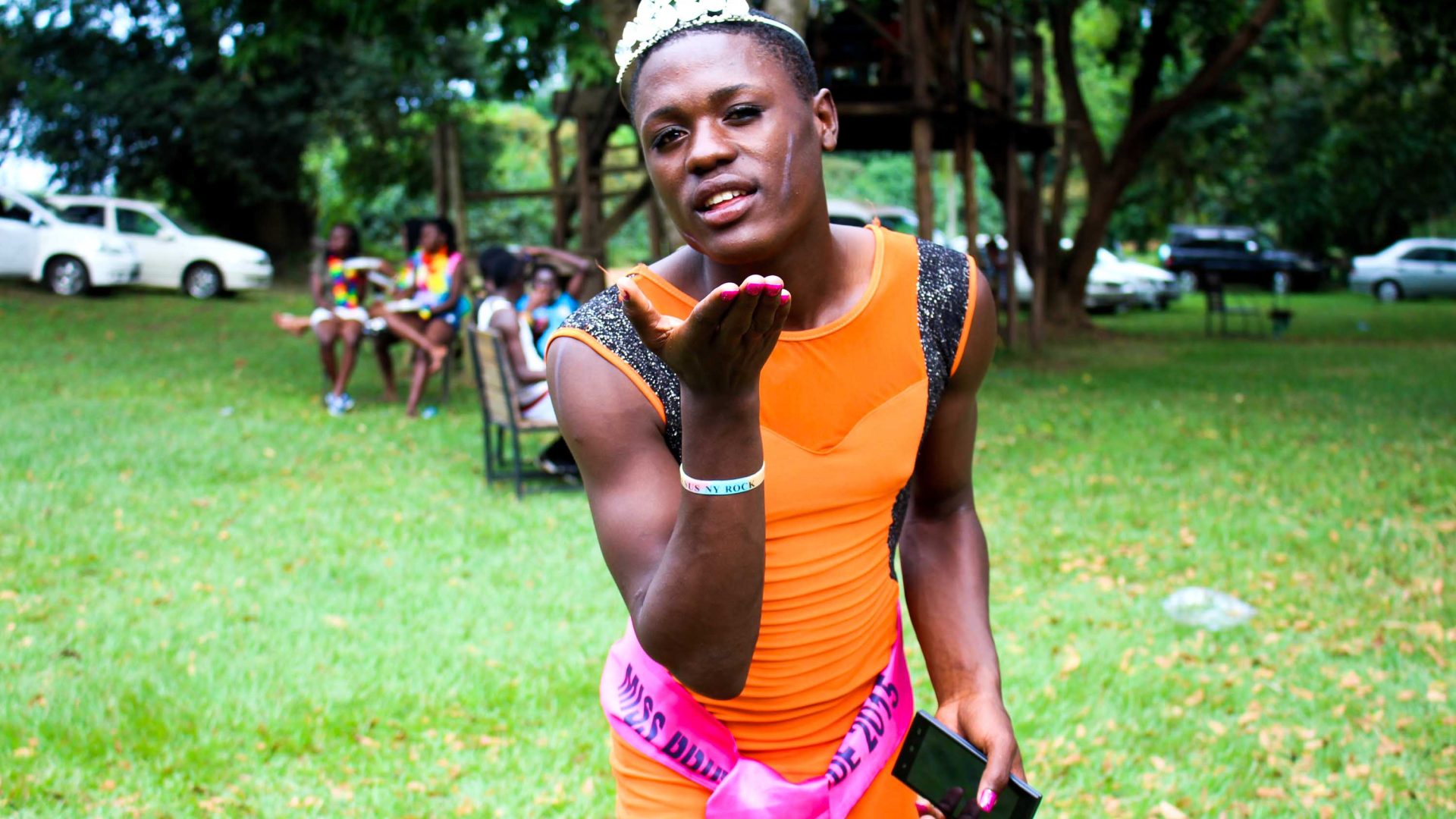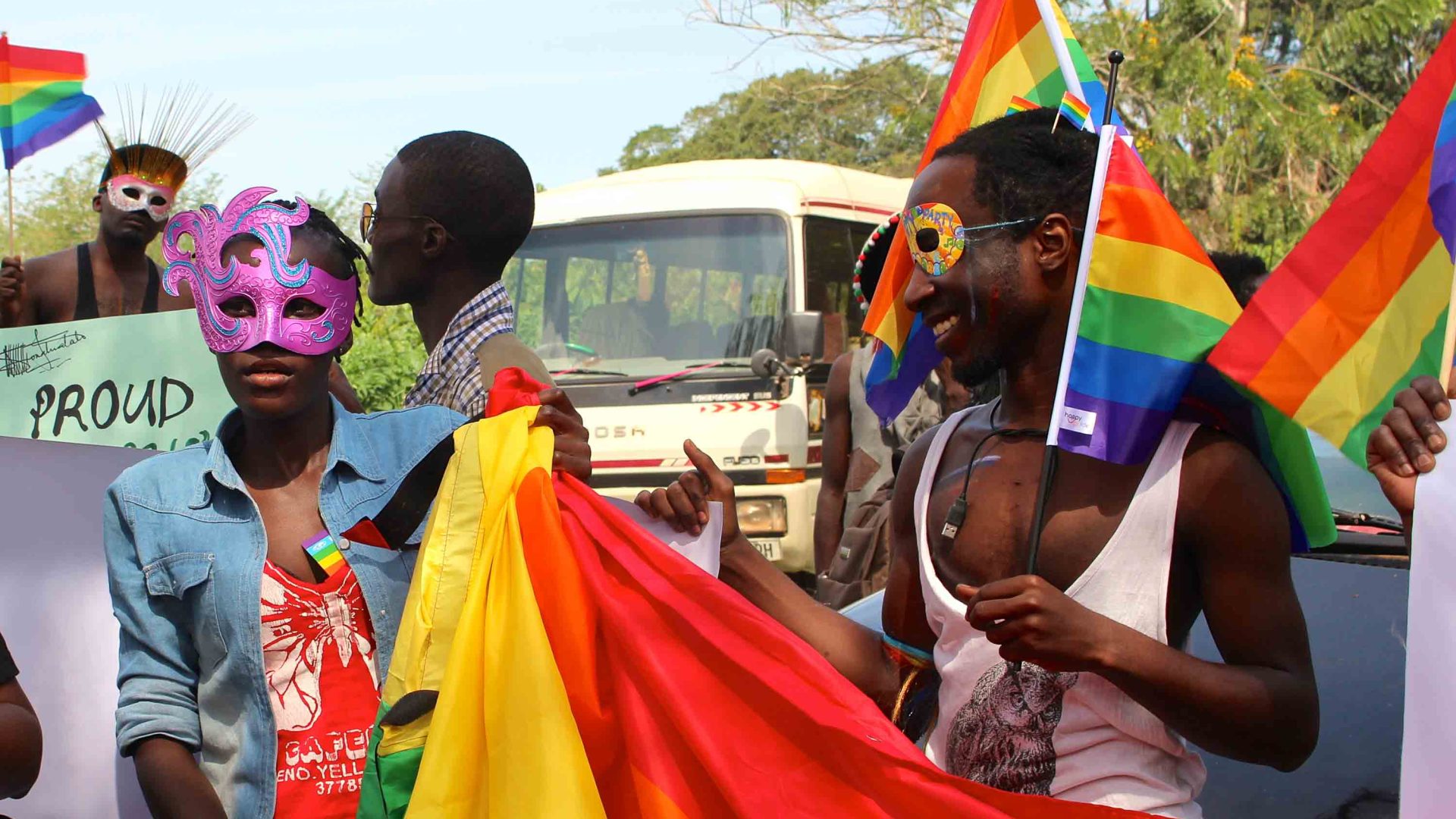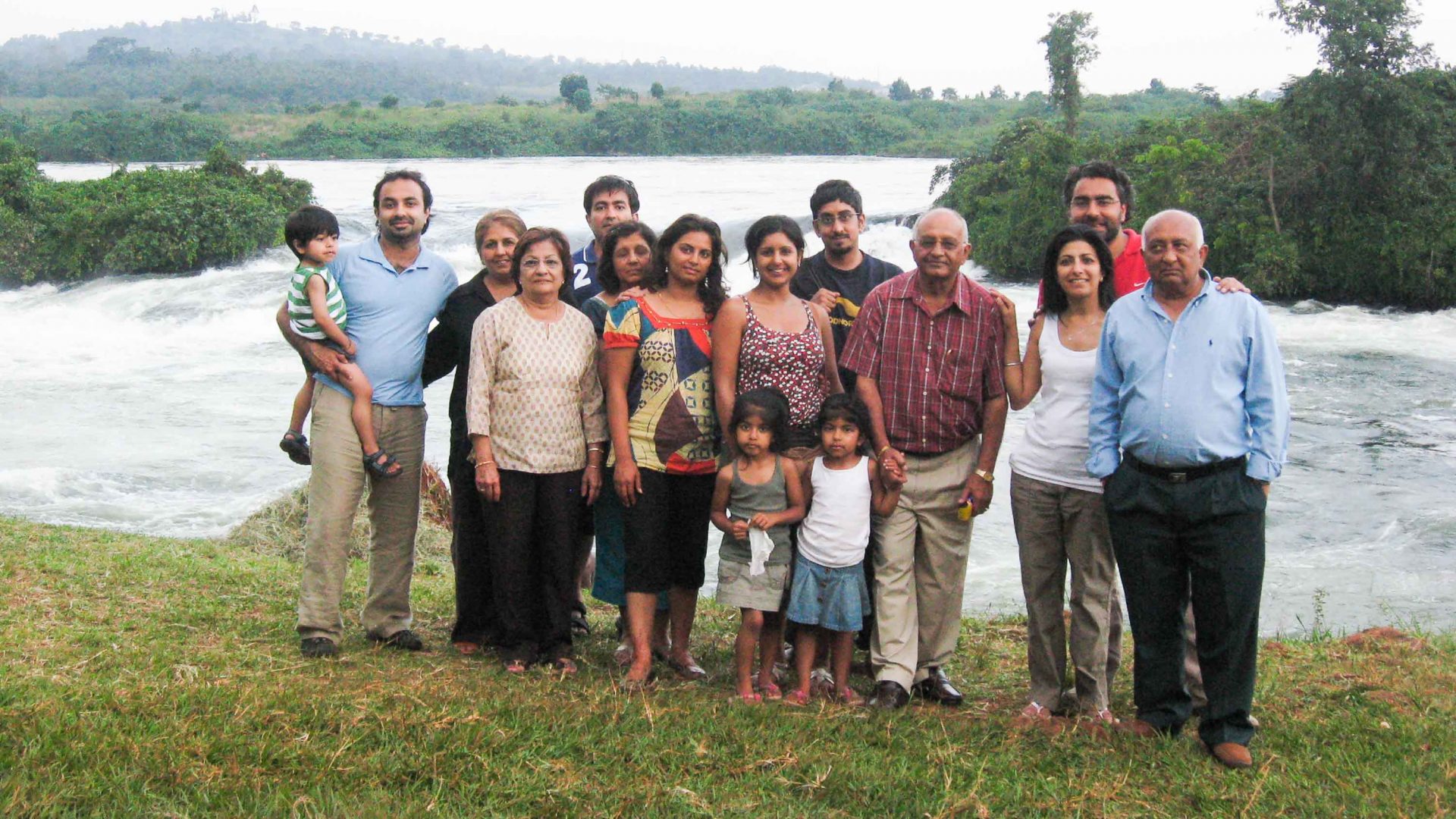On June 13, the US updated its travel advice for Uganda in light of the new law. It said that it “raises the risk that LGBTQI+ persons, and those perceived to be LGBTQI+, could be prosecuted and subjected to life imprisonment or death based on provisions in the law.” They may face mandatory reporting to police if they are suspected of or intending to commit acts, and could also be subject to “harassment or attacks by vigilantes.” Supporters of gay people could also be prosecuted and imprisoned, the US said.
Some critics of travel boycotts claim that there are double standards when it comes to some travel advisories, with some ignoring abuses in the West. In May, two human rights groups—Human Rights Campaign (HRC) and Equality Florida—issued their first-ever advisory, for Florida, after the state’s most anti-LGBTQ+ legislative session in history. “Already, multiple major conferences have announced they are no longer utilizing Florida spaces due to the policies being adopted and that damage will only grow,” says press secretary of Equality Florida, Brandon Wolf. “It is our hope that whether folk remain, leave or stay away, they use this moment to engage deeply on the frontline in the fight for freedom.”
International LGBTQ+ Travel Association (International Gay and Lesbian Travel Association) don’t support boycotts “as they only serve to further isolate LGBTQ+ locals,” says president and CEO John Tanzella. “If you choose to visit challenging destinations, you can be strategic with your travel dollars by supporting tourism businesses that give back to the queer community and are speaking out against discrimination,” he says.
“Ultimately, the decision to visit Uganda or any other country is a personal one that depends on your comfort level, priorities, and commitment to supporting human rights and equality,” says Nakiwala. “If you are concerned about the situation for LGBTQ+ individuals, you might consider supporting advocacy organizations or engaging in activities that promote equality and inclusivity.”
